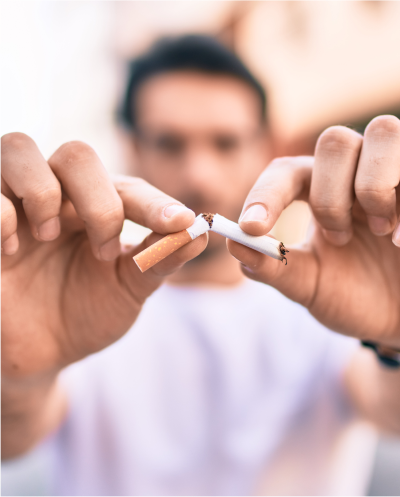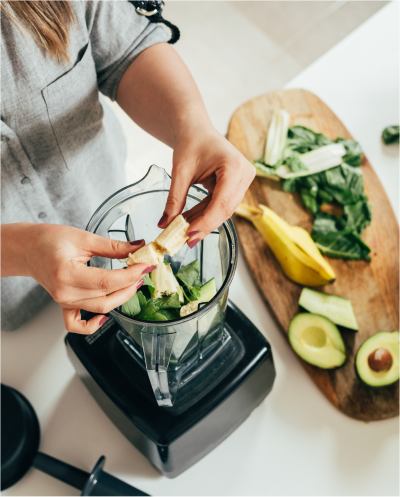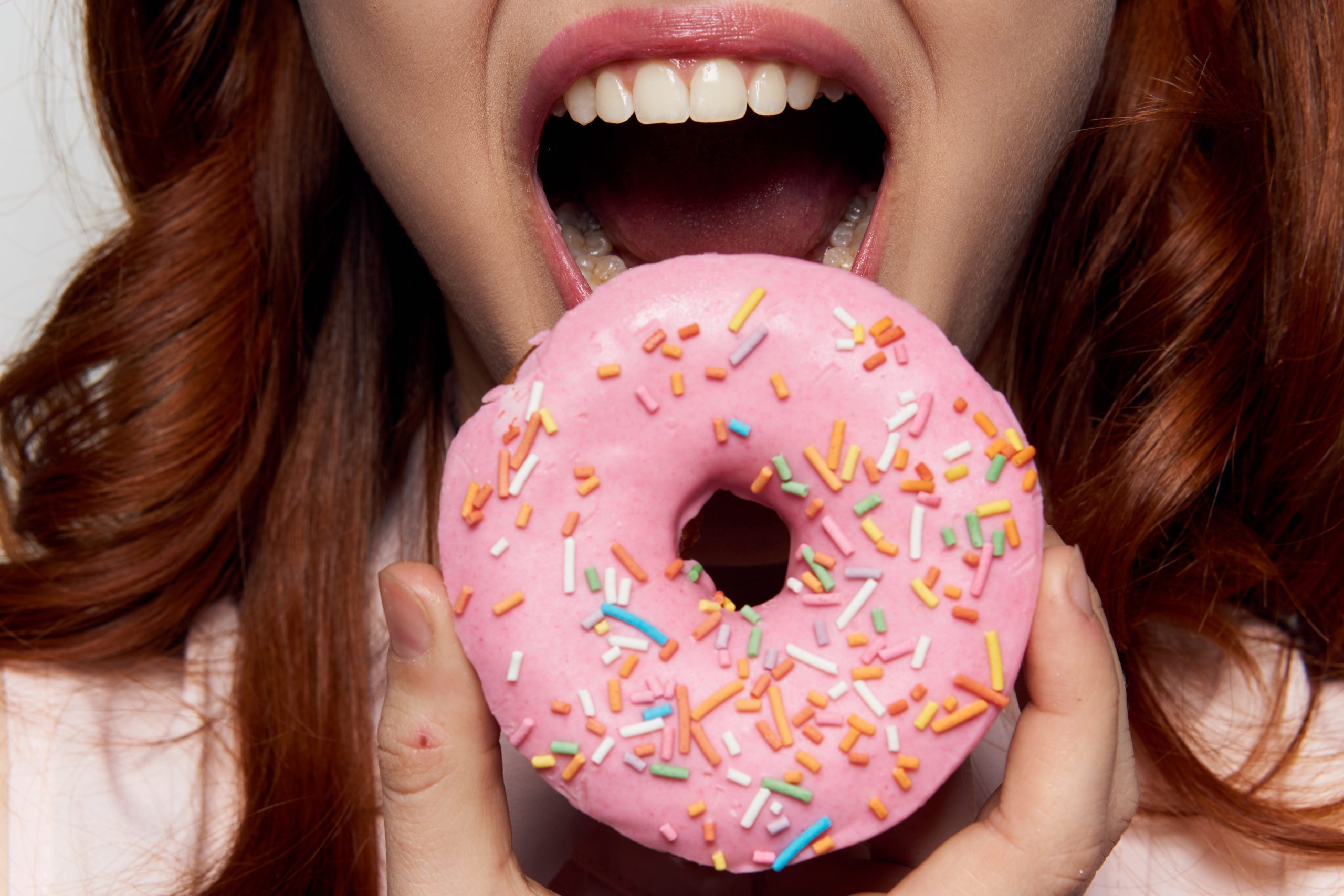The Connection Between Quitting Smoking and Sweets
- Reward Mechanism
When quitting smoking, the body undergoes many physiological changes. One of them is a decrease in the level of dopamine, a neurotransmitter responsible for the feeling of pleasure [1]. Smoking cigarettes increases dopamine levels, so people trying to quit smoking may experience a drop in this neurotransmitter, leading to a sense of “discomfort.” Sweets, rich in sugars, can also increase dopamine levels in the brain, leading to a momentary feeling of relief and pleasure [2]. - Habit Replacement
Smoking cigarettes often involves rituals such as smoke breaks or lighting up after a meal. When quitting smoking, we lose these rituals, and sweets can serve as a replacement for the new habit. Eating a sweet snack can be a kind of “reward” for perseverance in quitting smoking [3]. - Stress and Tension Control
Quitting smoking is a stressful process, and the sugar in sweets can help temporarily reduce feelings of stress and tension. Many smokers reach for sweets in emotionally challenging situations to calm themselves down [1].
How to Effectively Manage Sweet Consumption When Quitting Smoking
- Awareness of the Habit
The first step in controlling excessive sweet consumption when quitting smoking is being aware of this habit. Keeping a record of when and why you reach for sweet snacks can help identify patterns and triggering situations. - Healthy Alternatives
Instead of reaching for sweets, consider healthier alternatives such as fruits, vegetables, or nuts. These snacks can provide energy and a feeling of fullness without an excess of sugar. - Regular meals
Eating regular, balanced meals can help stabilize blood sugar levels and reduce cravings for sweets [3]. - Therapeutic support
If excessive sweet consumption is a problem, consider seeking therapeutic support, such as cognitive-behavioral therapy, which can help address eating habits [3].

Summary
Consuming sweets while quitting smoking is a common habit that results from various factors, including the need to replace the neurological reward effect, rituals, and coping with stress. However, there are effective strategies that can be used to control this habit and maintain a healthy lifestyle. It is important to be aware of your eating habits and seek support if necessary.
NO-sweet® spray provides excellent support when quitting smoking by:
- Reducing cravings for sweets
- When applied to the tongue, it blocks sweet taste receptors, causing you to not crave sweets. Interestingly, the taste of nicotine also changes in a way that makes you less inclined to take another puff.
- Supporting the psychological mechanism of breaking free from sugar dependence, and such a developed mechanism can translate to other addictions, including nicotine.
The NO-sweet® supplement series is an innovative method that supports sugar avoidance based on the unique mechanism of a proven, well-known plant substance.
We effectively, safely, and above all, naturally assist you!
References:
- Lemmens, S. G., Rutters, F., Born, J. M., & Westerterp-Plantenga, M. S. (2011). Stress augments food “wanting” and energy intake in visceral overweight subjects in the absence of hunger. Physiology & Behavior, 103(2), 157-163.
- Avena, N. M., Rada, P., & Hoebel, B. G. (2008). Evidence for sugar addiction: behavioral and neurochemical effects of intermittent, excessive sugar intake. Neuroscience & Biobehavioral Reviews, 32(1), 20-39.
- Marlatt, G. A., & Gordon, J. R. (1985). Relapse prevention: Maintenance strategies in the treatment of addictive behaviors. Guilford Press.













